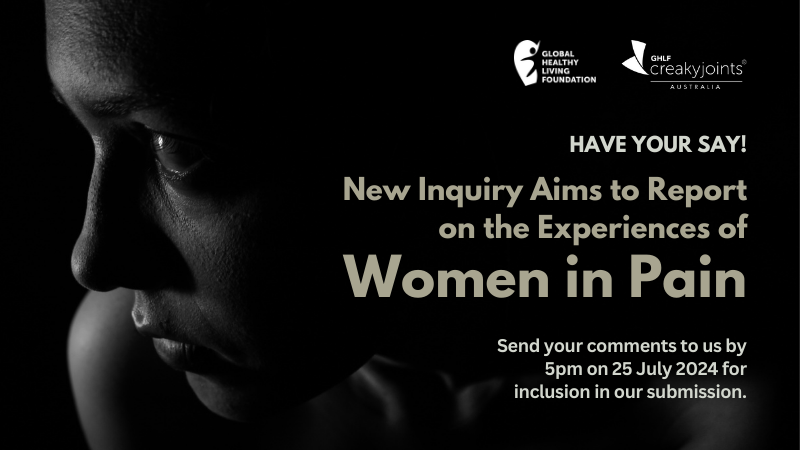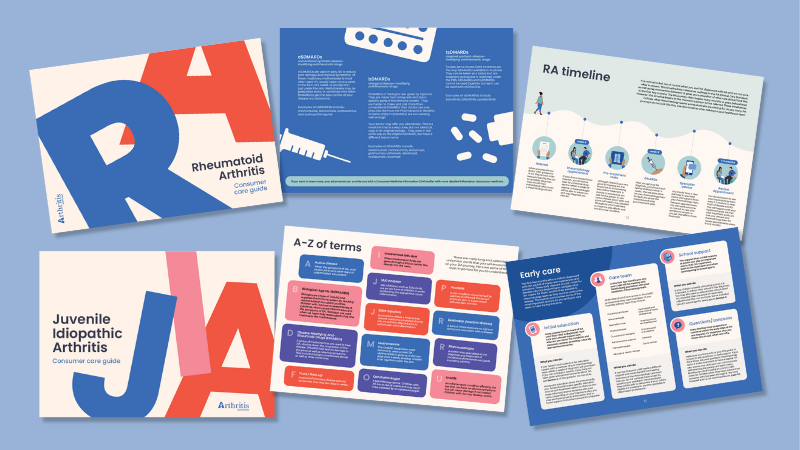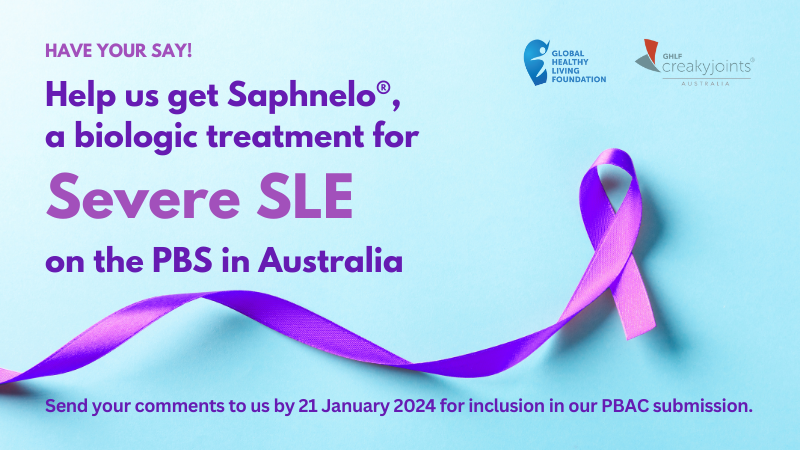

Speaking at the breakfast was Dr Matthew Miles, Chief Executive Office of MS Research Australia (MSRA). Dr Miles spoke about the incredible progress made in the last 20 years especially in regards to remitting/relapsing multiple sclerosis (MS), with there now being 13 medications available on the PBS. The availability of these medications has changed the lives of countless patients, significantly improving quality of life and slowing progression of the disease.
His goals are to provide the same advances to progressive MS, which currently has only one approved treatment on the PBS.
The second speaker, Mary Webb, is a long-term MS patient and MS Australia National Advocate. Mary was diagnosed 20 years ago when her children were just babies, and her daughter has now also been diagnosed with MS.
She shared her experiences and highlighted how highly individual the symptoms of MS are, saying “to know one person with MS is to know ONE person with MS” and therefore a range of treatments is needed. She also spoke of the unpredictability of the disease, and how not knowing how MS might progress contributes to significant fear for the future for people living with MS. Again, access to affordable treatment options has improved the outlook for MS patients.
Given that MS is an autoimmune disease, I found many parallels between the MS community and the autoimmune arthritis community. Treatment for autoimmune arthritis has also improved radically over the last 20 years, with there now being around a dozen biological medications available on the PBS. This has meant a reduction in the proportion of patients who are disabled by rheumatoid arthritis and other forms of inflammatory arthritis, and many people now live relatively normal lives.
The breakfast also provided an opportunity to network and I spoke with several representatives from Merck and Pfizer, and I was able to tell them first hand of the life-changing impact of biologic medications. Biosimilars was also a hot topic on our table, in opening up more treatment options and more affordable alternatives.
The breakfast was an informative and enjoyable morning and gave me some insight into the PBS and how medications are listed and approved. I especially enjoyed Mary’s talk, as she emphasised the vast difference access to evidence based and affordable medications have made to her, and many others, lives. She demonstrated the role that patient led organisations such as CreakyJoints Australia can make to improving health care and how engaging and impactful patient stories can be.




